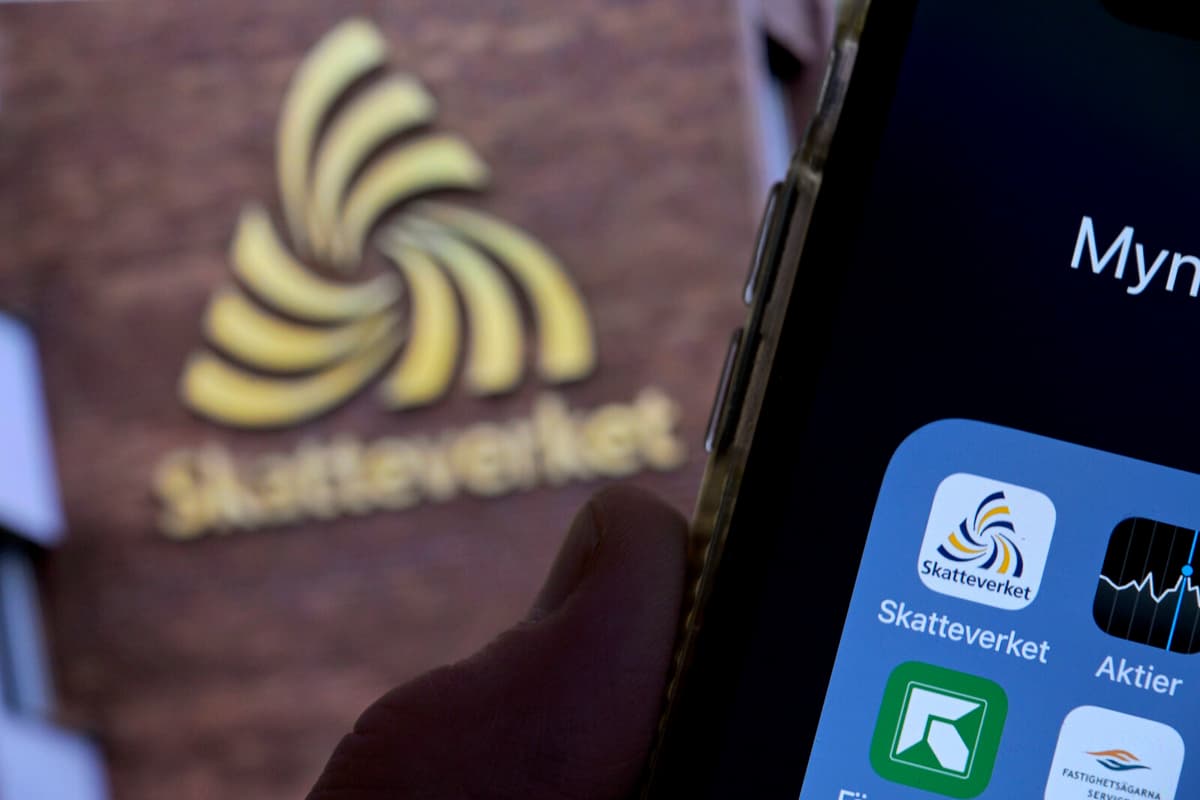Those who have a digital mailbox will receive their income tax return in the coming days, while others will receive it by post in March or the first half of April.
Before Christmas, scammers often focus on package deliveries. Now, scammers will focus on tax returns, since it's something many people are waiting for.
Appelgren believes that they cast a wide net to catch a few and that there are many areas where scammers can reach us – email, SMS, and social media.
Knowledge
According to Appelgren, the best vaccine against fraud is information and knowledge. However, figures from the Internet Foundation show that every fifth person lacks sufficient information to protect themselves.
His top tip is to remember that the Tax Agency never sends out tax returns via email or SMS. The tax return comes by post or in a digital mailbox.
If you're aware of this, you'll understand that emails or SMS claiming to come from the Tax Agency are a scam, he says, and continues:
Never click on links or open attached files, they may contain spyware that retrieves information about card numbers and passwords. And never give out card details, codes, or passwords to anyone who contacts you via phone, email, and SMS.
Common modus
Appelgren believes that scammers often know how to express themselves. A common modus is also to play on emotions, for example, trying to make us happy or worried.
They may, for example, claim that something has gone wrong with the tax return, or that the payment of tax refunds is not working. And often, there's a stress factor, that something needs to be resolved within a certain time, he says.
Maria Stensson/TT
Facts: Tips for avoiding being scammed during tax return season
TT
Remember that the Tax Agency never sends tax returns via email or SMS.
Never click on links and don't open attached files in messages from senders claiming to be the Tax Agency.
If you receive a message that you're unsure about, contact the Tax Agency yourself through official channels that you look up yourself.
Never give out card details, codes, or passwords to anyone who contacts you via phone, email, or SMS.
If you do happen to give out card details – make sure to block the card immediately.
Source: Internet Foundation






